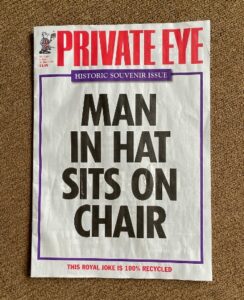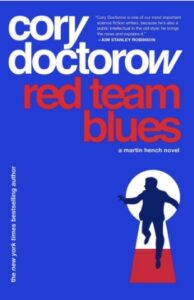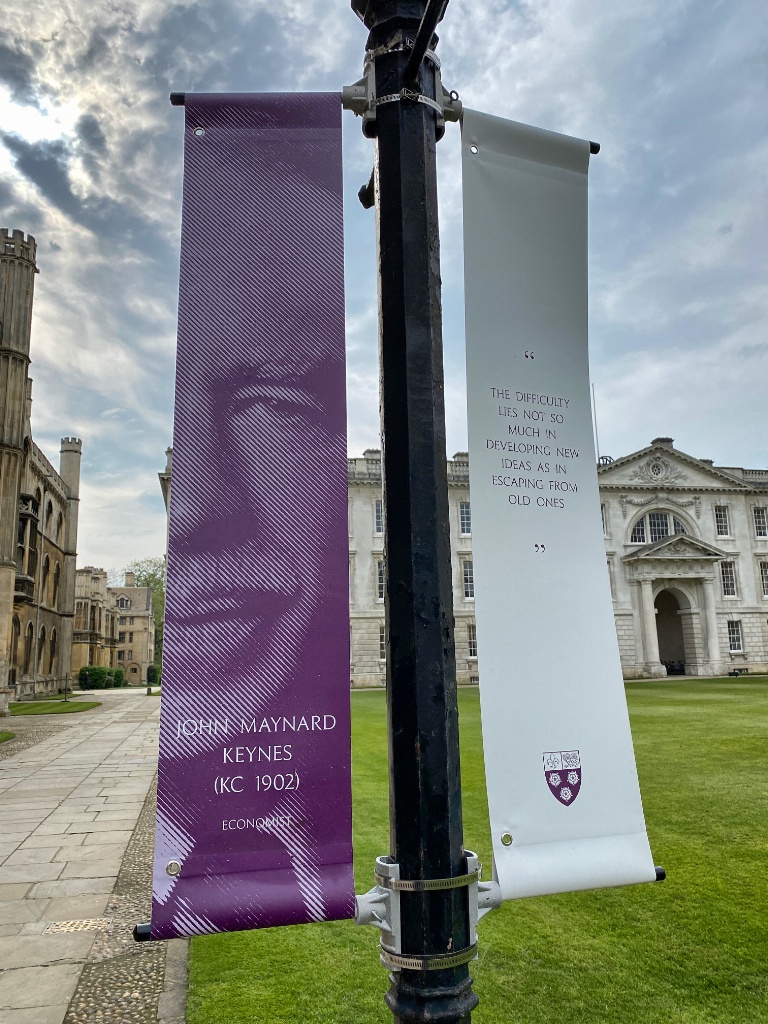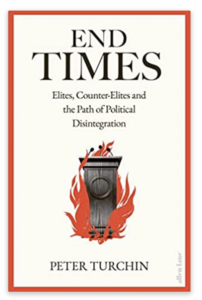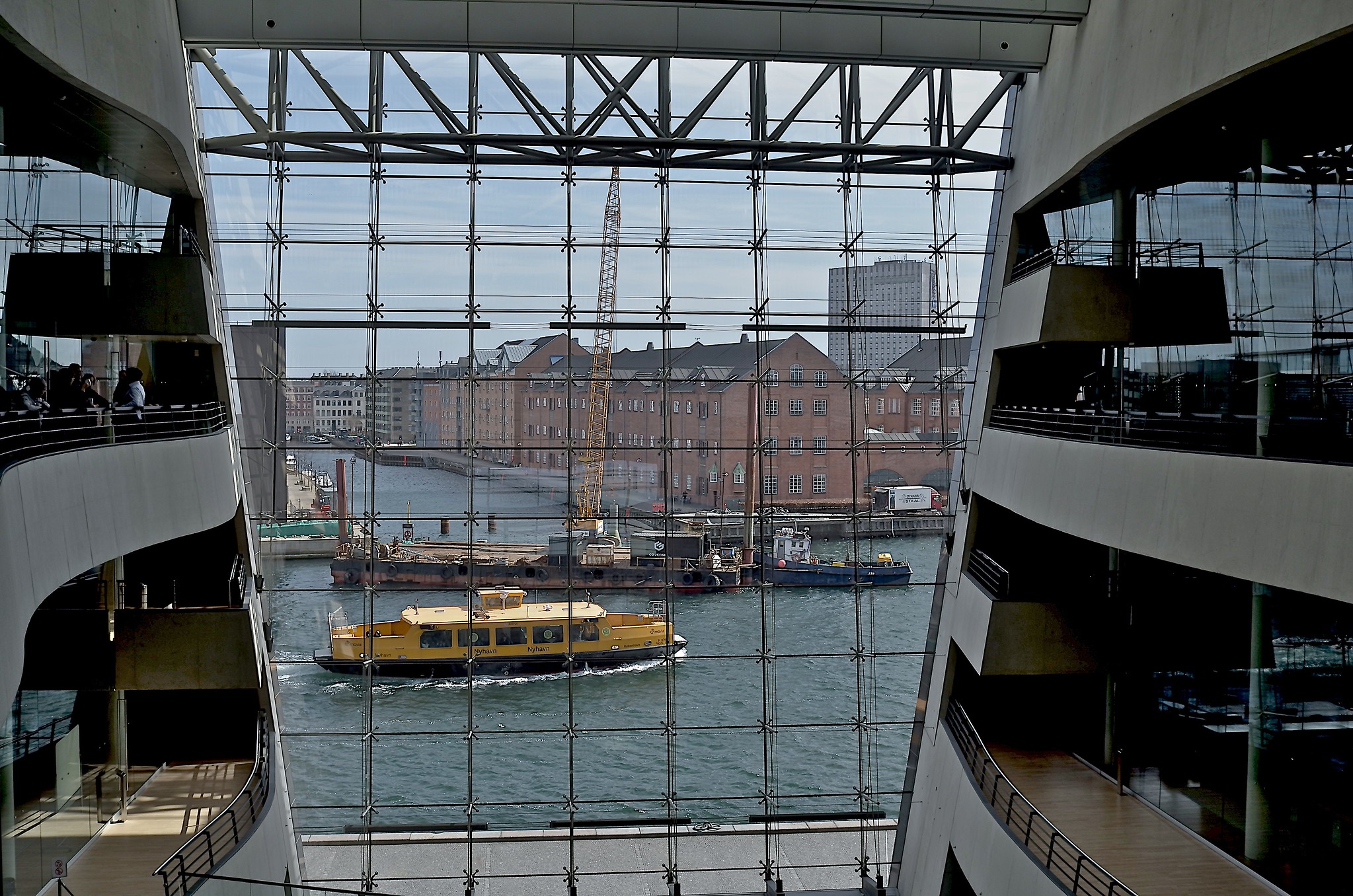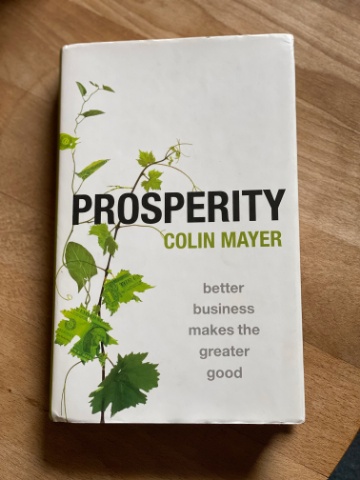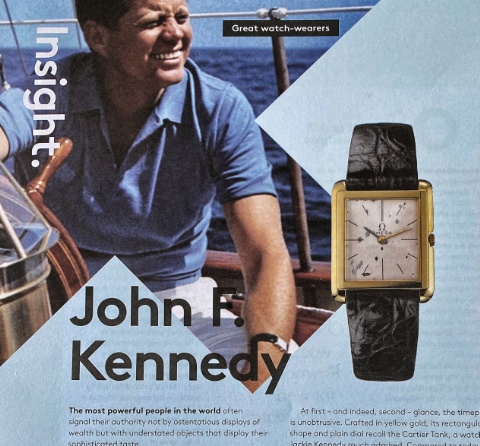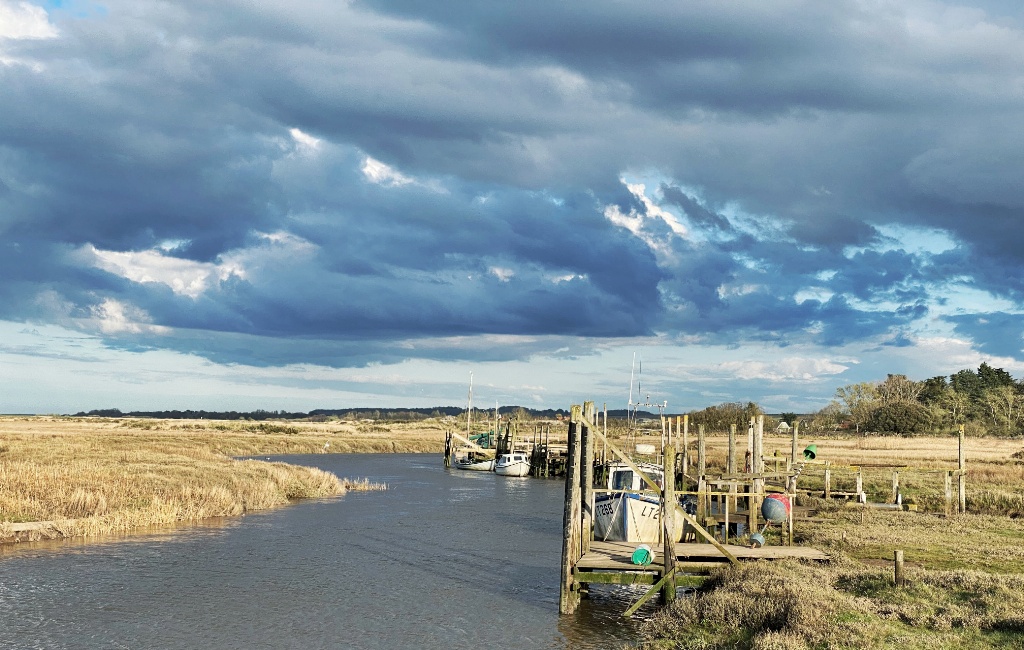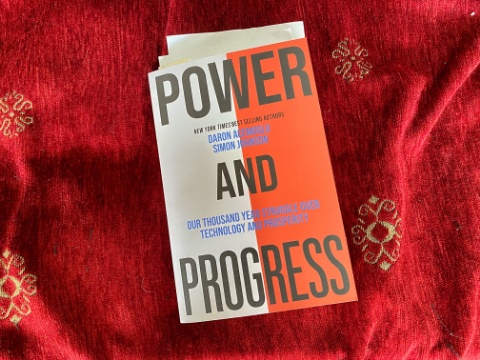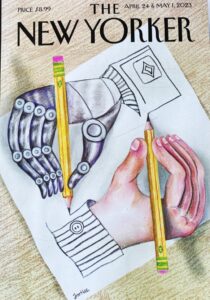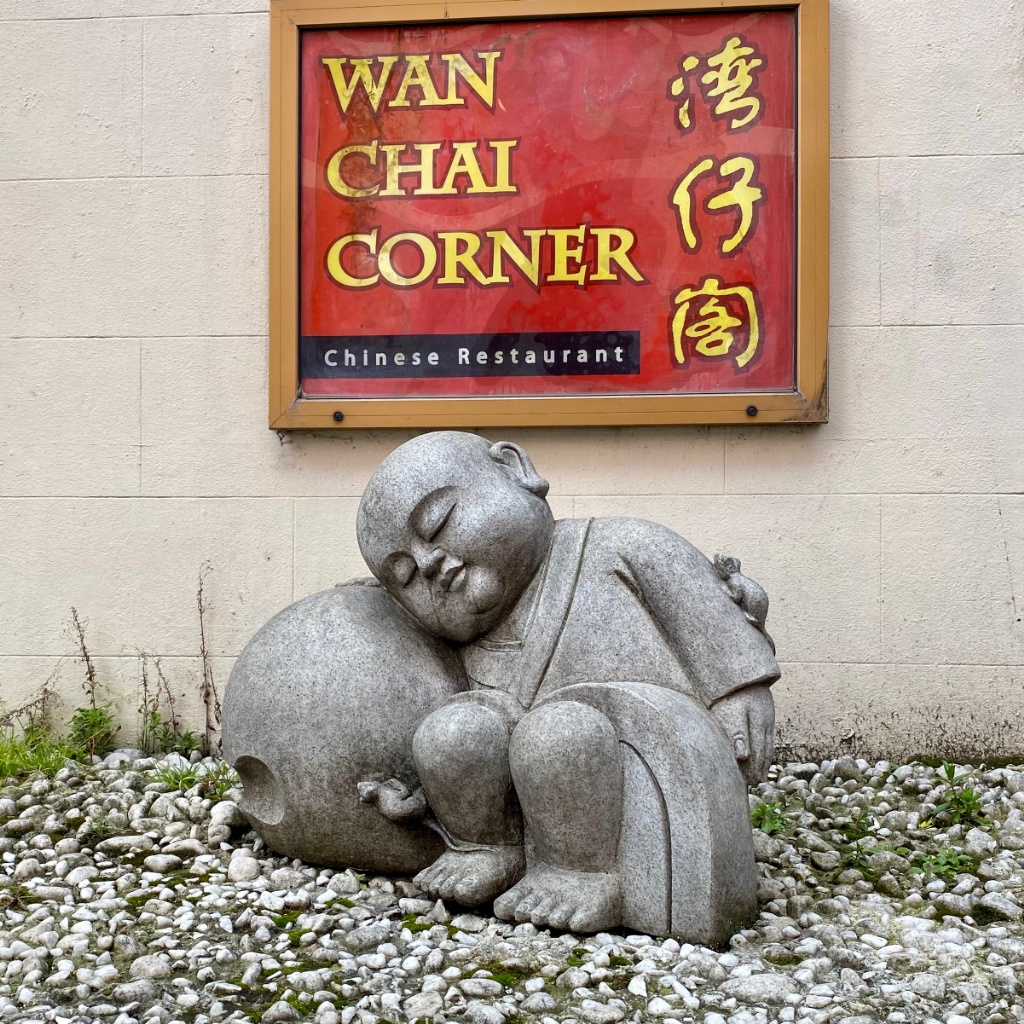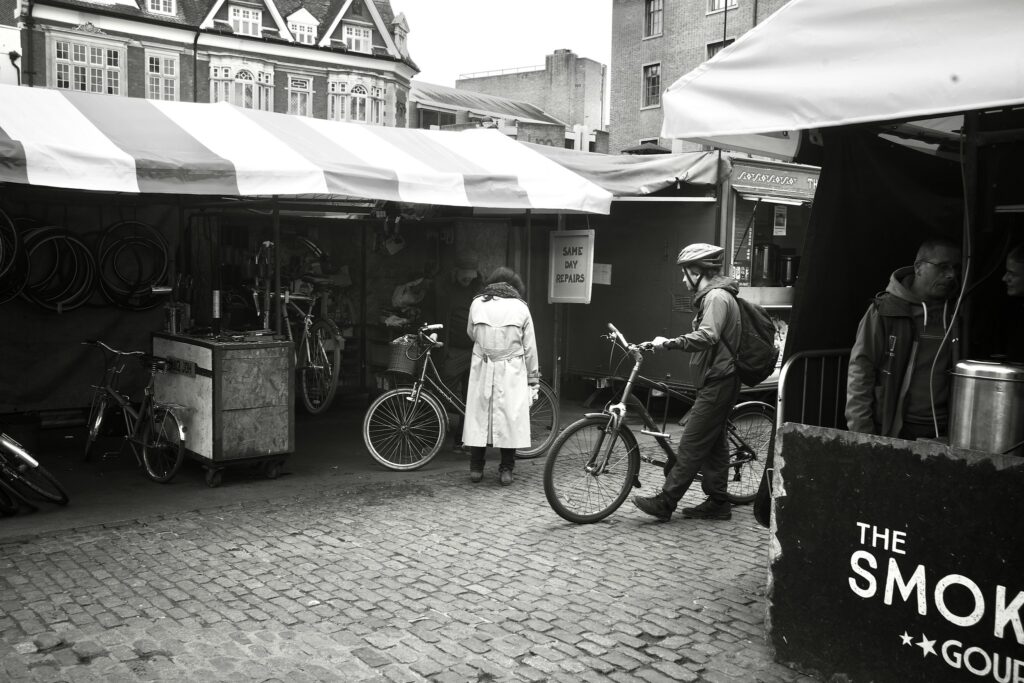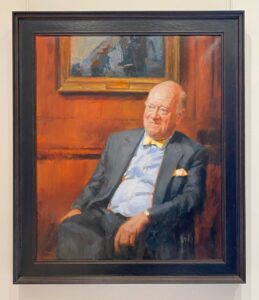The Trolley Problem

Though not as the philosophers who constantly agonise over self-driving cars imagine it.
Taken in St John’s College, Cambridge.
Quote of the Day
“It’s a funny old world — a man’s lucky if he gets out of it alive.”
Musical alternative to the morning’s radio news
John Field | Nocturne No. 10 in E minor
Link
I love all his Nocturnes, but this one in particular.
Long Read of the Day
Stop Telling Me To Travel Like a Local, Okay?
Lovely piece by Mari Uyehara in Bon Appétit
If you have researched a trip in, say, the past five to ten years or so, you may have noticed a recurring and aggressive directive: TRAVEL LIKE A LOCAL! You’ve probably also seen the entreaty, the shaming: How to Not Look Like a Tourist; How to Not Act Like a Tourist; How to Not Be a Tourist.
On the surface, the promise is an attractive one: You’re getting the inside scoop for the best places to eat and shop with none of the tourist traps. You know, only the spots that those truly in the know can find. But it’s all a complete farce. At best, “Travel Like a Local” is a silly paradoxical myth; at worst, it’s terrible vacation advice.
For one thing, locals aren’t traveling. They are working. Or folding laundry or cleaning their bathrooms or packing lunches or any of the eight zillion other inane chores that somehow take up every minute of your free time when you are NOT on vacation. The irony is that many of the very things tourists long to escape—errands, dust bunnies, that ever-growing mountain of laundry—are the same reasons locals can’t experience their own city the way a visitor does.
In fact, if you want to experience anything close to what a local would wish their life felt like, it starts with outsourcing the mundane. That’s why many city dwellers turn to professionals to manage the load—particularly when it comes to keeping their homes guest-ready. Services like Chloe’s Cleaning Company step in to restore order to the chaos, giving residents a slice of the very escape that travelers crave. Locals are not spending leisurely days strolling on stunning promenades or gawking at the crank-your-neck-tall Art Deco buildings or sparkly turquoise waters lapping on fine white-sand beaches. They are making to-do lists in their heads on cramped morning commutes or scurrying between the grocery store, the dry cleaner, and the pharmacy, trying to complete enough tasks before falling into bed. The whole point of travel is to get away from the humdrum of everyday life. It is to very much not be a local.
Put it this way: You simply cannot travel like a local…
Yep. In a way, the good tourist (as the old joke has it) sends his money and stays at home.
Thank the Lords someone is worried about AI-controlled weapons systems
Yesterday’s Observer column:
The most interesting TV I’ve watched recently did not come from a conventional television channel, nor even from Netflix, but from TV coverage of parliament. It was a recording of a meeting of the AI in weapons systems select committee of the House of Lords, which was set up to inquire into “how should autonomous weapons be developed, used and regulated”. The particular session I was interested in was the one held on 20 April, during which the committee heard from four expert witnesses – Kenneth Payne, who is professor of strategy at King’s College London; Keith Dear, director of artificial intelligence innovation at the computer company Fujitsu; James Black from the defence and security research group of Rand Europe; and Courtney Bowman, global director of privacy and civil liberties engineering at Palantir UK. An interesting mix, I thought – and so it turned out to be.
Autonomous weapons systems are ones that can select and attack a target without human intervention. It is believed (and not just by their boosters) that these systems could revolutionise warfare, and may be faster, more accurate and more resilient than existing weapons systems. And that they could, conceivably, even limit the casualties of war (though I’ll believe that when I see it).
Do read the whole thing.
Brad DeLong on the Economist — the last refuge of neoliberalism.
I’ve always thought that the Economist (to which I subscribe, because I admire its journalism almost as much as I disapprove of its editorials) is where neoliberal ideas go to die. But Brad DeLong puts it better than I ever could in this essay.
As usual, the Economist delivers its reverence for neoliberal dogma with all the sanctimony and certitude of a true believer. Americans must sit down, shut up, and recite the catechism: “The market giveth, the market taketh away: blessed be the name of the market.” To doubt that the US economy’s current problems are caused by anything other than an interventionist, overbearing government is apostasy. But, as an economic historian, what took my breath away was the essay’s conclusion, which attributes America’s postwar prosperity to its worship of the Mammon of Unrighteousness (more commonly known as laissez-faire capitalism).
The essay cites three “fresh challenges” facing the US: the security threat posed by China, the need to rejigger the global division of labor due to China’s growing economic clout, and the fight against climate change. The climate challenge, of course, is hardly “fresh,” given that the world is at least three generations late in addressing it. Moreover, our failure to act promptly means that the economic impact of global warming will likely consume most, if not all, of the world’s anticipated technological dividends over the next two generations…
Do read it.
Books, etc.
I’m still deep in Stefan Zweig’s The World of Yesterday and finding it wonderful. What’s really weird to this reader, though, is that his evocation of the prudishness of fin-de-siecle Viennese bourgeois attitudes remind me of the 1950s Ireland in which I grew up. Take this passage, for example:
A man was supposed to be forthright , chivalrous and aggressive , a woman shy , timid and defensive . They were not equals but hunters and prey . This unnatural tension separating them in their outward behaviour was bound to heighten the inner tension between the two poles , the factor of eroticism , and so thanks to its technique — which knew nothing of psychology , of concealing sexuality and hushing it up — the society of the time achieved exactly the opposite . In its constant prudish anxiety , it was always sniffing out immorality in all aspects of life — literature , art and fashion — with a view to preventing any stimulation , with the result that it was in fact forced to keep dwelling on the immoral . As it was always studying what might be unsuitable , it found itself constantly on the alert ; to the world of that time , ‘ decency ’ always appeared to be in deadly danger from every gesture , every word . Perhaps we can understand how it still seemed criminal , at that time , for a woman to wear any form of trousers for games or sports.
My mother was an ultra-devout Catholic who was obsessed by the dangers of girls wearing trousers, never mind shorts. And she, and the entire priestly establishment, constantly warned of the dangers of young people of both sexes intermingling. Such gatherings, it was said, constituted that curious Catholic creation, “an occasion of sin”. Ever since, needless to say, I have been an enthusiastic sinner.
This Blog is also available as a daily email. If you think that might suit you better, why not subscribe? One email a day, Monday through Friday, delivered to your inbox. It’s free, and you can always unsubscribe if you conclude your inbox is full enough already!
